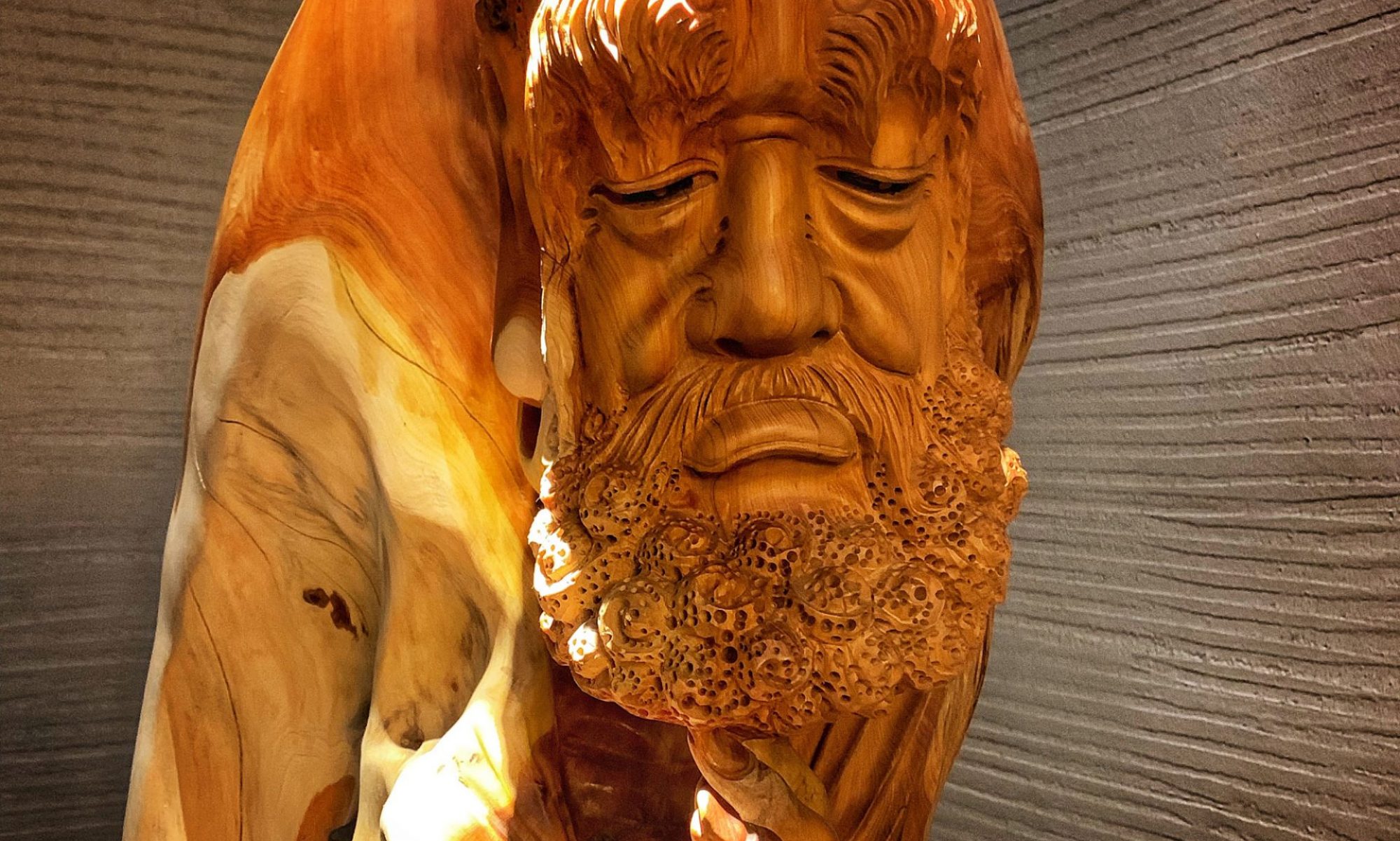Am I the player in this movie?
.
When I refer myself as “I am”, I am referring to an experience of that moment. “I am” is a product of experience; experience defines me – I am hungry, I am sad, I am joyful – bored, uninterested, frustrated, neutral, uncertain, dumb, great, angry, stupid, etc. Each “I am” arising at each moment is a derivative of a new experience. In other words, where there is no experience, the “I am” is non-existence. But is it possible not to have any experience at any given time? No. For so long as there is a mind, experiences are happening all the time, in the mind.
Experience can be something from bodily senses or from mental activities of past or future. Try out this experiment – let yourself be aware at this moment. At any one given moment there is surely an experience, arising from either one of the six senses. Experience is, in definition, what is cognized by the mind.
For instance, if there is awareness of hearing taking place, I am experiencing hearing of some sort. It can be from the sound of the fan rotating, the sound of the vehicle passing by the road, the bird perching on the tree singing, the noisy neighbor talking aloud , the mild murmuring of an unknown sound at the background, the washing machine working, or a child shouting in the neighborhood. Or even a sound that I am totally unfamiliar with – that too is an experience. Each mind contact with any of the senses brings about an experience – observe that in each experience there are in reality a few accompanying experiences –
1) the feeling deriving from the contact;
2) the perception of the experience (the meeting of a memory and what we experience now) and;
3) the meaning and definition arising from it.
A real life scenario to depict this: I stopped my car close to a restaurant waiting for Lai Fun to grab a bun from one of the stalls for my mother-in-law who was on her way back to Penang after a five day stay in our little haven. While observing what was around me, with the car engine on, I noticed a car parked in a very ridiculous position from a distance away which to me, was creating a difficult flow for the ongoing traffic. Three kinds of experiences mentioned above were concurrently occurring in my space – the mind itself – the feeling of annoyance, the perception of a past memory that cars are usually parked properly and the arising of a meaning that he was wrong in doing such – making a punishment statement which obviously made him guilty of a “crime” that he had created.
In reality, all of this was only going on in my mind, not out there. These three mental experiences, put together, make my experience of the moment real by the storyline generated out from it. Do I have a role in this storyline? No – it came up automatically without my ability to control; yes – it is a result of the choices I made in the past, that makes the present story possible – the unconscious meanings I keep generating from each experience that by now had strengthened itself into a “truth” in my field of experience. The mind nature of evident-seeking makes what is unreal into a reality. And If I were to further carry out this story through verbalization and action, by scolding or admonishing the driver, I put forth what is real in me, to the world. I would have manifested a connection of reality, inner and outer, thus strengthening further my righteousness of what I had perceived.
It all started from an arising of an old idea – a righteous one that people should not simply park – it is an idea I already have in my hard disk and this idea did not match with what it sees. When my eyes met that scene – the way the car was parked – the mind searched through its hard disk to match whatever data it had in it and hey presto – a meeting of old idea with present idea – and a feeling was formed.
Now if my previous idea jived with the present experience, I wouldn’t have make a fuss out of it. If I am one who simply parks and I do it out of no consideration for others, what I would meet in my present experience would be common attitude and thus I would not see it as wrong. In that space I would not be perturbed by what I saw. But if my previous idea in my data bank was one of righteousness – that everybody must be conscientious with their parking, I would be having a nightmare dealing with any experiences involving any vehicle mispark which happens so rampant nowadays in our community. I would be a darned angry guy whenever I came out on the road as every inappropriate parking would be wrong in my perception.
Now what I am sharing here is not about the rights or wrongs from the perception of the public but the rights and wrongs from within my mind. If I allow these two opposites to dwell in my mind, I have to be responsible for what comes up in my space. There is no other way out from this. If I do not make peace with myself for whatever ideas I had invested in my mind, I am not making peace with the world.
All experiences afterall, are ideas meeting ideas, stories meeting other stories, dramas unfolding incessantly – the play of opposite idea meeting another or similar idea meeting another – that is all it is, and in that, suffering or freedom ensues.
Now who makes me suffer?


